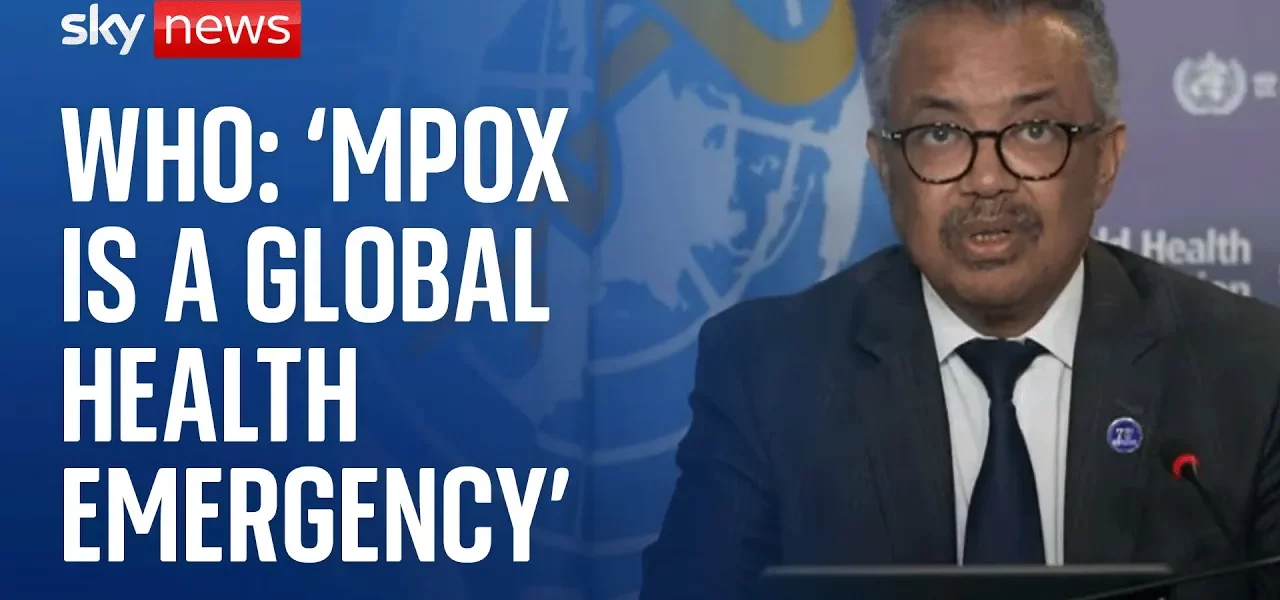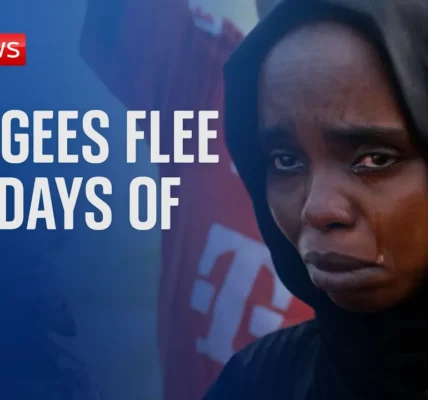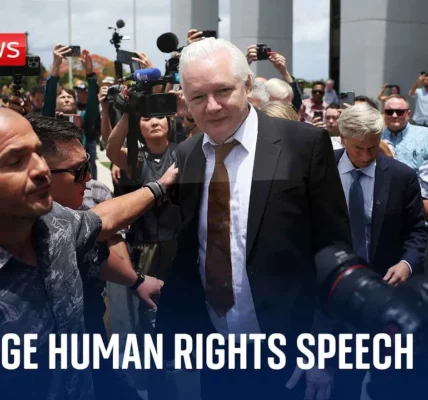World Health Organization Emergency Committee Meeting on the Empo Outbreak

Welcome to this comprehensive overview of the World Health Organization’s (WHO) recent emergency committee meeting regarding the alarming rise of empo cases in Africa. This article delves into the key discussions, expert insights, and recommendations provided during the meeting, emphasizing the global health implications and the necessity for coordinated responses.
Introduction
The WHO convened an emergency committee to address the surge of empo cases reported in the Democratic Republic of the Congo (DRC) and other African nations. This meeting, held in Geneva, emphasizes the seriousness of the outbreaks and the urgent need for international collaboration to combat the public health emergency. With reported cases exceeding 14,000 in 2024 alone, the situation necessitates immediate attention and action from global health authorities.
Overview of the Current Situation
The empo outbreak has been a growing concern in Africa, particularly in the DRC, where cases have been reported for over a decade. The emergency committee, led by WHO’s Director-General Dr. Tedros Adhanom Ghebreyesus, highlighted the following points:
- Over 14,000 cases of empo have been reported in the DRC in 2024, marking a significant increase from previous years.
- The emergence of a new strain, known as Clade 1B, which is sexually transmissible and poses a greater risk for rapid spread.
- Neighboring countries, including Uganda, Rwanda, and Kenya, have reported their first cases of empo.
Emergency Committee Insights
The emergency committee, comprising 16 members, convened to evaluate whether the current empo outbreak constitutes a public health emergency of international concern. The committee deliberated based on established International Health Regulations criteria:
Extraordinary Event
Committee members unanimously agreed that the outbreak is extraordinary due to:
- The highest number of cases ever reported in the DRC since the outbreak began in the 1970s.
- The impact on vulnerable populations, including children and pregnant women.
- Reported fatalities, particularly among individuals with advanced HIV disease.
Public Health Risk
Evidence of international spread of the new strain necessitates a coordinated global response. The committee emphasized the risk of the outbreak affecting countries beyond Africa if not addressed promptly.
Coordinated Response Required
All members reinforced the need for an international coordinated response to mitigate the outbreak through enhancements in surveillance, risk communication, and community engagement.
WHO’s Response Strategy
The WHO has initiated a comprehensive response plan aimed at controlling the outbreak, which includes:
- Implementing rapid field missions to analyze blood samples and confirm cases.
- Supporting laboratories to sequence viral samples for better tracking of the outbreak.
- Providing training for healthcare workers and supporting clinicians in patient care.
- Facilitating access to vaccines and developing strategic rollout plans.
To fund these efforts, WHO has earmarked an initial amount of $15 million and has released $1.5 million from its contingency fund.
Challenges in Vaccine Distribution
The emergency committee discussed the challenges surrounding vaccine distribution in light of limited global supplies:
Global Supply Limitations
Reports indicate that while 10 million doses may be needed, only about 200,000 doses are currently available. This discrepancy raises concerns about the equitable distribution of vaccines across affected regions.
Prioritization of Vaccination
WHO is working with member states to establish a framework for prioritizing vaccination efforts. Factors for prioritization include:
- Population vulnerability, particularly among healthcare workers and those with compromised immune systems.
- Geographical risk assessments to identify hotspots for targeted interventions.
- Community engagement to ensure vaccination campaigns reach those most in need.
Conclusion
The WHO emergency committee’s meeting underscores the critical need for a unified global response to the empo outbreak in Africa. With rising case numbers and the emergence of a new strain, the time for action is now. The WHO is committed to enhancing surveillance, improving diagnostics, and ensuring vaccine availability to mitigate the outbreak’s impact.
We encourage all stakeholders and potential donors to join in supporting these efforts and to stay informed about ongoing developments in public health responses to empo.
“`




